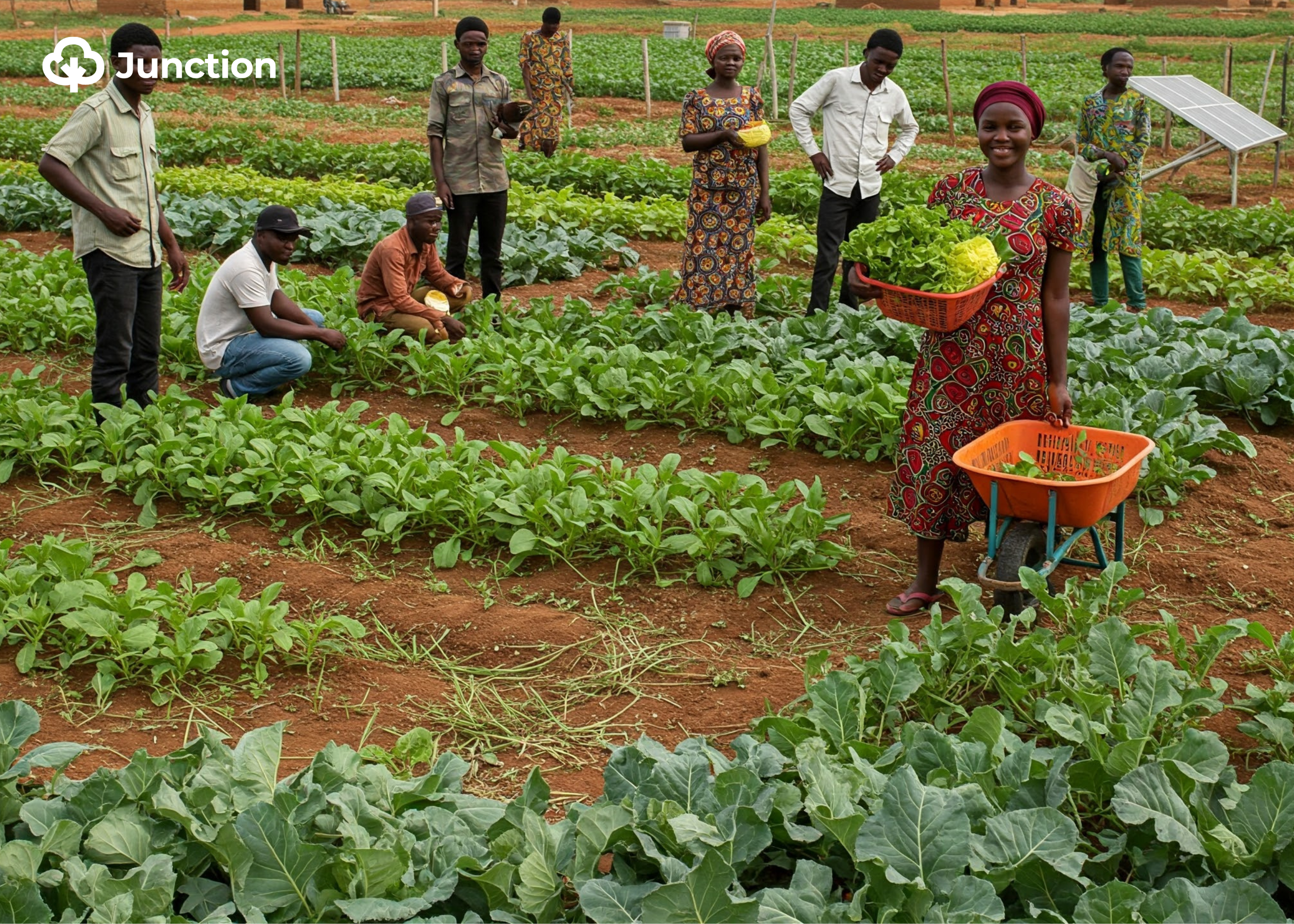News in brief:
– A proposed plan to import GMO soybeans has sparked division among Nigerian agriculture stakeholders, with livestock producers supporting it and local processors opposing it.
– Critics warn that importation could hurt local production, while supporters cite rising feed costs and supply shortages threatening poultry and livestock industries.
A fierce debate has erupted in Nigeria’s agriculture sector over a proposed plan to import GMO soybeans to bridge the country’s supply gap. While the livestock and poultry industries support the move, local processors, environmental advocates, and some experts argue it could undermine local production and pose long-term risks.
Soybeans or soya beans, a vital ingredient in animal feed, have seen rising demand amidst inflation and supply shortages, sparking tensions among stakeholders.
Livestock industry paints grim picture
Proponents of GMO soya beans importation argue that soaring prices of key inputs such as soyabeans and maize have crippled poultry, dairy, and aquaculture operations, threatening thousands of jobs and worsening food inflation.
They assert that genetically modified variants are not only cost-effective but nutritionally superior, insisting that current restrictions on imports are unfairly benefiting a few local processors at the expense of the broader agricultural economy and Nigerian consumers.
A United States Department of Agriculture (USDA) report estimated Nigeria’s soybean production at 1.1 million metric tonnes in 2022, making it the second-largest producer in Africa after South Africa. However, local consumption was pegged at 1.275 million tonnes, leaving a deficit.
Experts call for a balanced approach
Dr. Taofik A. Ibrahim, a senior lecturer in Ruminant Nutrition and Management at Ahmadu Bello University, Zaria, supports the import proposal. He described it as a necessary measure to mitigate the ongoing feed crisis in the livestock sector.
Similarly, a fodder production consultant, Kola Kuku, offered conditional support. He acknowledged the critical shortage of inputs for livestock feed but called for safeguards to prevent GMO soybeans from entering the human food supply.
“There is serious hunger in the country. But I expect a cautious approach—imports should be strictly for livestock feed. They must not leak into food markets,” Kuku said.
He recommended that regulatory oversight be placed in the hands of the Poultry Association of Nigeria (PAN), the Federal Ministry of Livestock Development, and the Federal Ministry of Agriculture to ensure transparency in distribution.
Critics demand focus on local solutions
Not everyone agrees with the proposed importation plan. Livestock expert Adeola Adeolu questioned the rationale behind the import drive, arguing that the government should focus on addressing the root causes of high feed costs.
“What is driving feed prices up? Importation, whether GMO or not, is not the solution. Until we fix the fundamentals, we’re going nowhere,” Adeolu said.
Other critics, including Anyanwu Bede, warned that importation may ultimately raise costs due to the logistics involved in shipping, clearing, and distribution.
Mohammed Alibaba also expressed strong reservations, arguing that GMO imports could further damage the local market.
“Why must the imports be GMO? Processors already bring in soybeans, but if you incentivise imports like with rice and maize, you will depress local production. Our farmers are already suffering,” he said.
Local processors, farmer associations push for protection
Local soybean processors and farmer associations are calling on the government to strengthen policies that prioritise home-grown production. They believe supporting local producers is essential for long-term food security, rural employment, and agricultural sustainability.
As the debate rages, stakeholders await a decisive policy stance from the Federal Government, one that balances economic necessity with the protection of local agriculture.



